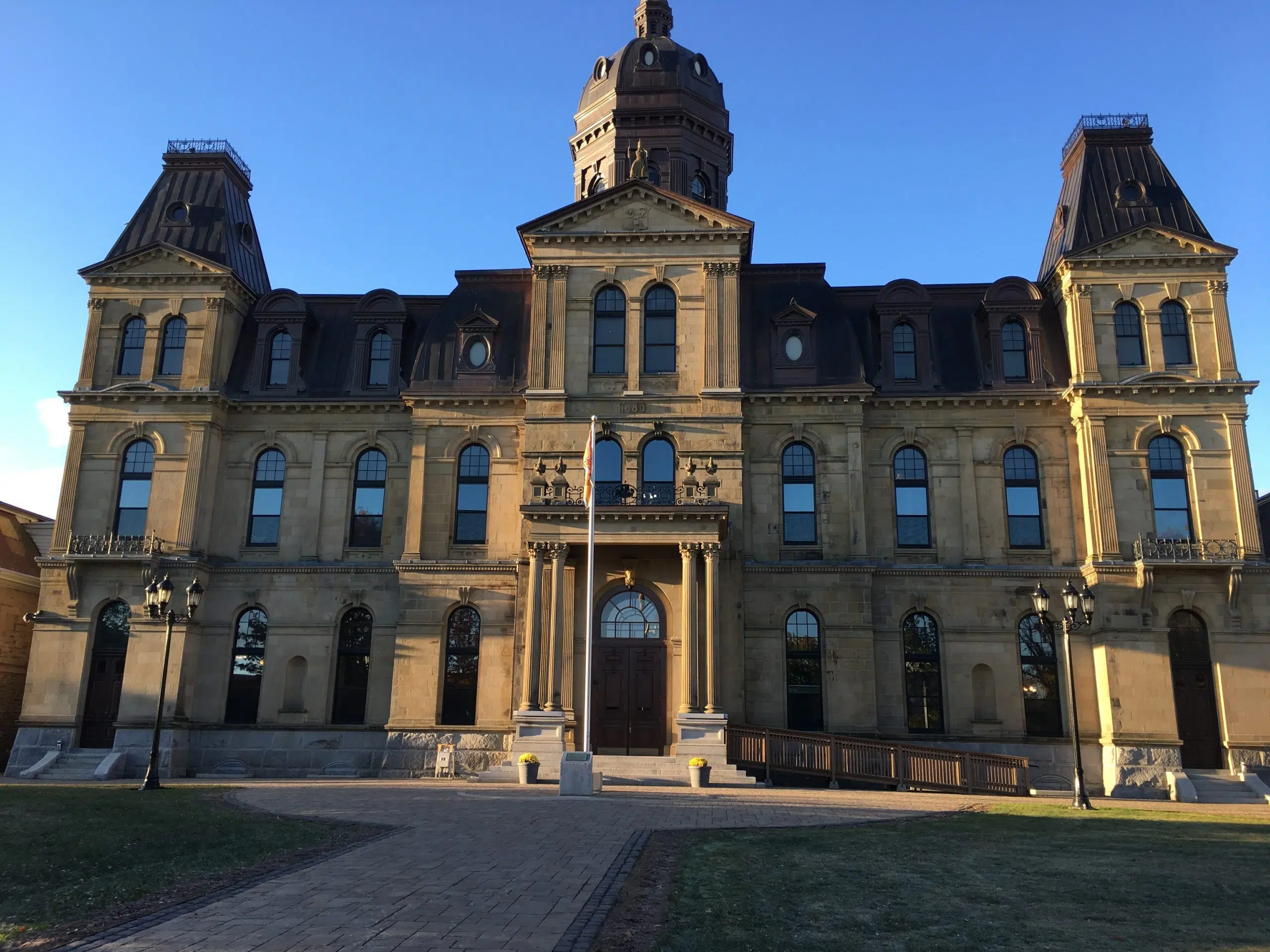Two organizations representing New Brunswick municipalities want urgent action on municipal fiscal reform.
A joint news release was issued by the Union of Municipalities of New Brunswick (UMNB) and the Cities of New Brunswick Association (CNBA) earlier this week.
It followed the release of a long-awaited report last week on the state of municipal finances after recent local governance reform.
The independent report found that one in three municipalities could face deficits in the next three years and that the current fiscal framework is not sustainable.
“This report underlines the importance of action and the deep need for a new fiscal framework for municipalities across New Brunswick,” said Andrew Black, president of UMNB.
“Municipalities are tackling 21st-century problems with a 19th-century funding structure that no longer represents the services that residents have come to expect and need from their communities.”
According to the report, authored by Pierre-Marcel Desjardins and André Leclerc, accelerated tax base growth will help local governments generate surpluses if they limit expenditure growth to the rate of inflation.
However, many local governments and rural districts find themselves in a difficult financial situation because they have to contend with below-average tax base growth, it said.
The situation is occurring as local government reform increases the responsibilities of regional service commissions (RSC).
Desjardins and Leclerc said local governments and rural districts that are in precarious financial situations could face challenges trying to fund their share of the new responsibilities.
Moreover, the report said, the current equalization program increases the wealth disparities between local governments.
“Municipalities are on the front lines of increasingly complex and challenging issues such as homelessness and the housing crisis, though little new revenue has been allocated to us,” said Adam Lordon, president of CNBA.
“Time is running out for the province to act on this critical issue. Municipalities are the foundation of the growth our province is experiencing.”
Local Government Minister Glen Savoie said more comprehensive financial reform will begin in 2024, adding the report will be the basis of those conversations.
Savoie said the hope is to implement some of the reforms in 2025 but noted there are partners that have to be engaged in the process.
The minister would not say which options the government may look at, saying it would all be up for consideration.
However, the report said a comprehensive approach is needed to ensure most local governments come out as winners.
“We urge the government to partner with our members in 2024 to address the challenges and ensure we meet the goals of municipal reform,” said Black.








